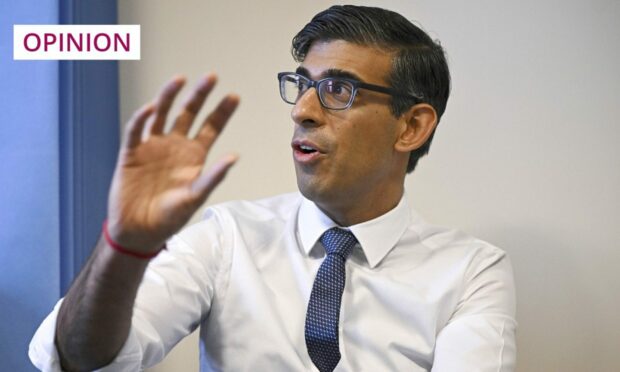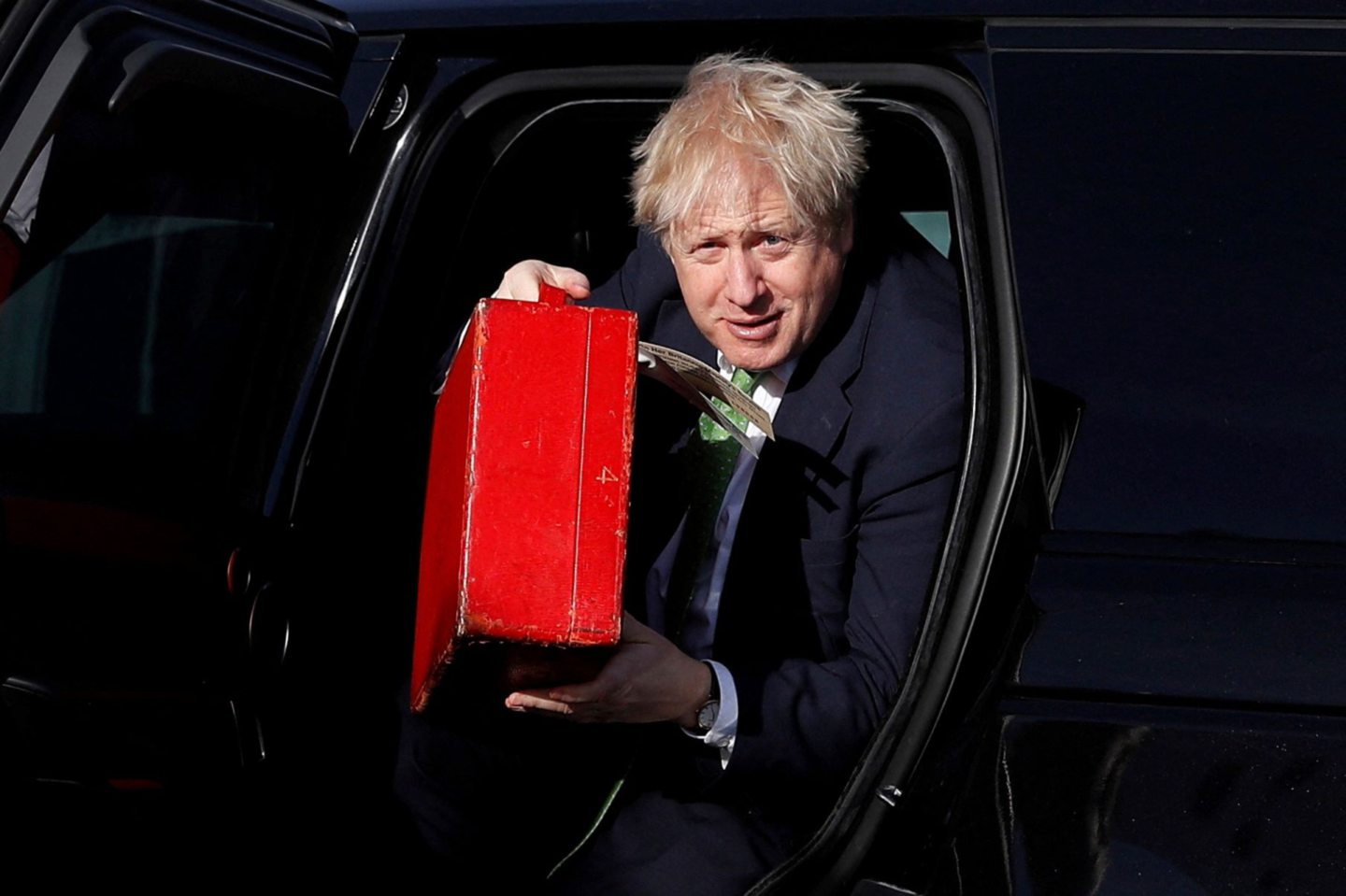There are people working in Westminster who have known nothing but uncertainty and anxiety until now, writes James Millar – but how long will the calm last?
MPs returning to Westminster this week are universally expressing relief at the relative calm they find there.
For the first time since 2016, they are not coming back from a recess and walking into a whirlwind.
There are, of course, big issues in play and huge headaches to be wrestled with. But, a winter crisis in the NHS is very much familiar territory.
In the days before Brexit and the pandemic, journalists would hone their NHS crisis headlines in autumn, ready to wheel them out when the story cupboard became bare. Many years ago, I well remember an editor ordering me on the morning of publication day, when the paper in question lacked a decent splash, to “call up some doctors and get one of them to say crisis”. Such were the ways of old Fleet Street.

There are people working in Westminster who have known nothing but uncertainty and anxiety. There has not been a Number 10 operation that anyone can have confidence in for nigh on seven years. There is now.
Rishi Sunak appears in control, and he’s surrounding himself with competent and interesting people with a track record of sensible thinking.
They’ve been dubbed “xillennials” – a generation that straddles the end of Generation X and the millennial cohort that followed. But what that really means is that they are all in their early 40s – old enough to be responsible, to have some useful experience in life, but young enough to retain energy, enthusiasm and a dash of idealism.
Sunak appears to value intelligence
On Christmas Eve, Sunak announced that The Spectator’s political editor, James Forsyth, would be his new political secretary. Forsyth is a personal friend of the Sunaks. He’s also a man I shared an office with for many years in Westminster.
He’s whip-smart and personable, and his inquiring mind focuses on the most pertinent questions. It’s a hire that signals the direction of travel for Sunak’s administration more strongly than the contents of the PM’s New Year speech last week.
Halve inflation. Grow the economy. Reduce debt. Cut waiting lists. Stop the boats.
Your priorities are my priorities. I will work night and day to deliver them and build a better future. pic.twitter.com/ZOT6FSBMVP
— Rishi Sunak (@RishiSunak) January 7, 2023
Sunak appears to prize intelligence and experience over blind faith and crackpottery.
That ought to worry Labour. But it’s only half the picture when trying to divine the political future. Sunak’s speech is the other part of the puzzle.
In setting out clear goals for 2023, he has opened up two potential paths to yet more electoral anxiety and political chaos.
We may well see a hung parliament in 2024
The PM has asked to be judged against five targets. He says he’ll halve inflation over the next 12 months, as every sensible economist predicts will happen anyway.
A bit of will (and funding) will do the trick on NHS waiting lists and small boats crossings. His promises to cut government debt and get the economy growing this time next year look trickier than some are assuming.
If Sunak can manipulate the figures to show success, he will put this party back into the electoral game
However, if Sunak can manipulate the figures to show success, he will put this party back into the electoral game. It’s likely too late to save the Tories from heavy losses at next year’s general election.
But, an administration that hits its goals, can demonstrate achievement, and is led by characters who are acceptable or even likeable, is going to secure significant support.
The first rule of politics remains “learn to count”. The most pertinent fact in electoral forecasting is that the Conservatives’ majority is still over 70. For Labour to overhaul that will take a mighty effort and a very fair wind.
A calm and competent 2023 could conceivably yield a hung parliament in 2024, and all the uncertainty that would come with that – from Tory Spartans holding a Sunak administration to ransom, to Keir Starmer being forced to let Jeremy Corbyn back in the party in order to shore up a tiny majority.
However, should Sunak fail to hit his own targets, then there is an even more chaotic future that opens up.
Boris Johnson supporters are cultish in their commitment
Boris Johnson supporters are already agitating for their man to come back. They are cultish in their commitment.
Should Sunak fail, Johnson backers will return from the wilderness – Nadine Dorries writing intemperate tweets, Jake Berry playing Mr Pontipine in In the Night Garden on CBeebies – and insist that he must step aside in favour of their man and his election-winning track record. MPs with shoogly majorities will be susceptible to the argument that Johnson can keep them in a job.
And Johnson will need no persuasion to step back in.
So, after Washington in 2021 and Brasília just this week, could Westminster be overrun by populist hoodlums in January 2024? It’s unfortunately not beyond the realms of imagination.
Boris Johnson’s return would unleash anarchic energy in and around Westminster, ahead of a general election and in the aftermath. Yet, many yearn for just that.
Whether Sunak succeeds or fails, the welcome tranquility of January 2023 is unlikely to be repeated in 12 months’ time. Those who appreciate the current calm ought to make the most of it.
James Millar is a political commentator, author and a former Westminster correspondent for The Sunday Post



Conversation